Programme Africa Day 2018 announced. Order your tickets now!
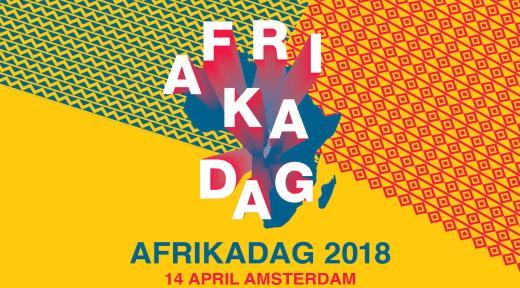
Saturday 14 April marks Africa Day 2018: the event on Africa and international cooperation at KIT in Amsterdam, organised by FEPS and FMS. This year, the theme of the day is new activism. Because even though traditional power is still often closed, activists often know how to bring about change. Who speaks more from the heart about this than activists themselves? With Moses Isooba of the pan-African movement Africans Rising and only 27-year-old Tikhala Itaye from Malawi, the day immediately gets a great opening. Cherry-fresh editor-in-chief of OneWorld, Seada Nourhussen, will interview these two activists to hear all their experiences!
A new era for Zimbabwe?
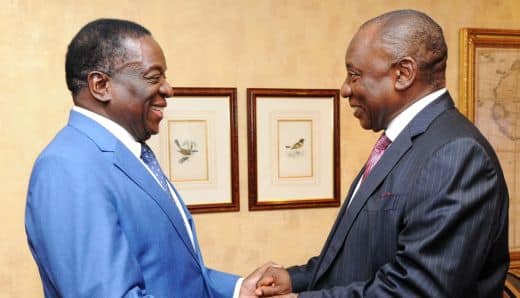
"The question we do not know the answer to is: does leadership change also mean a regime transition?" Recent events in Zimbabwe may mark a 'turning point' for southern Africa as a whole. But is the leadership change from Robert Mugabe to Emmerson Mnangagwa enough for that? A well-attended event called "A new era? Understanding Zimbabwe's transition" took place, where this question was discussed under the watchful eye of an interested audience and specialised panel. ASC director Jan Bart Gewald kicked off the meeting with a personal account of his own experience and affinity with Zimbabwe. He called the recent events of November 2017, growing up as a boy in 1960s criminal Rhodesia "close to his heart".
Looking differently at the other/the Other
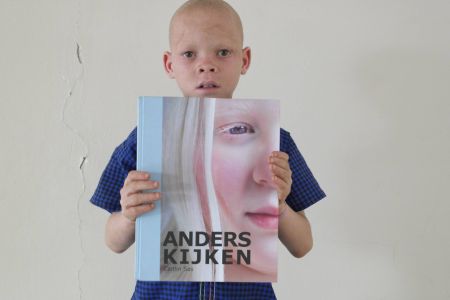
Are you aware of the norm? Are you aware through whose eyes you are looking? And who you are including and excluding with this gaze?
Some questions for critical reflection and introduction to a project that aims to change the cultural normative gaze through positive attention to the Other.
Exceptional award for exceptional leadership
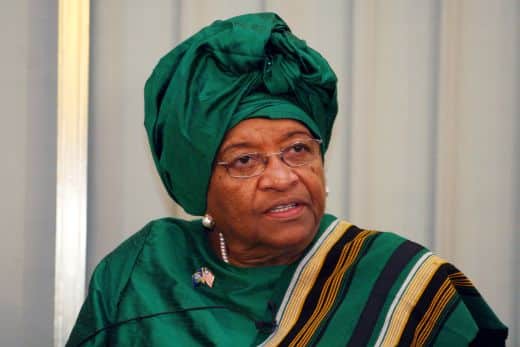
No African leaders were commended by the Mo Ibrahim Foundation for their outstanding achievements as African leaders in the years 2009, 2010, 2012, 2013, 2015 and 2016. This while the award was first presented in 2007. This year, on the other hand, a former head of state has again been commended for her outstanding achievements in African leadership. The award was presented to Liberia's former president Ellen Johnson Sirleaf, who, after completing two terms in office, had to make way for former footballer George Weah in January this year. She will receive a $5 million (€4.1 million) award that will spread over 10 years. On top of that comes a lifetime reward of $200,000 annually. But to what does Sirleaf, the woman who features as Africa's first female president and Nobel laureate, owe this?
Small changes make a difference! The power of new activism and civic initiatives in Africa
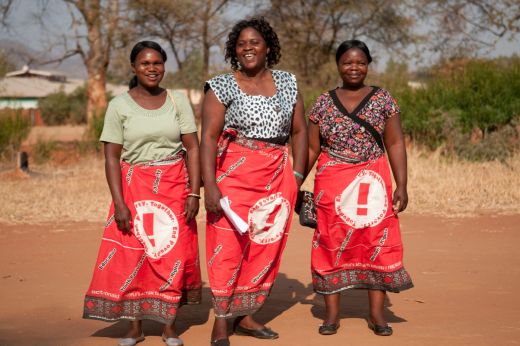
"It is the little things that citizens do. That is what will make the difference." So argued Dr Wangari Muta Maathai in one of her speeches addressed to the entire African continent. The Kenyan environmental and political activist and Nobel laureate knew how to powerfully encourage activism and civic initiatives to create positive change like no other. Where politics is still often traditional and closed, ordinary people know how to penetrate power and force change. This occurs in many areas, such as women's rights, children's rights, environment, anti-corruption and economic rights. With technological developments and social media as a powerful weapon, more and more people, mostly young people and women, are making their voices heard. Consequently, this year's Africa Day will focus on activism and civic initiatives.
Take part and win €5,000 for your initiative in Africa
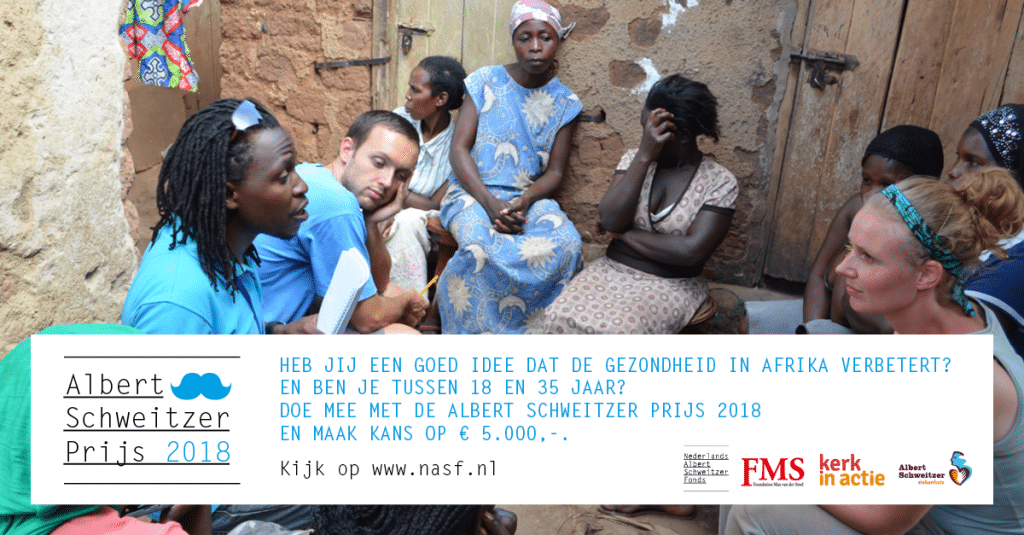
Do you want to contribute to health(care) in Africa? You can! Then apply now for the Albert Schweitzer Prize 2018 and win €5,000 for your idea. With your talent, expertise and commitment, you can improve the health of millions of people in Africa.
African 'Iron Lady' makes way for former footballer

After 12 years of bringing stability and some prosperity to Liberia, it is now over and done with for African 'Iron Lady' Ellen Johnson Sirleaf. She was the first African woman to succeed to power in 2006, after the country was ravaged by two bloody civil wars. During her presidency, however, Sirleaf managed to keep the peace in Liberia and received the Nobel Peace Prize along with three others. Sirleaf also brought about significant economic and social developments. But now she is succeeded by former footballer George Weah.
Leadership change South Africa has two faces
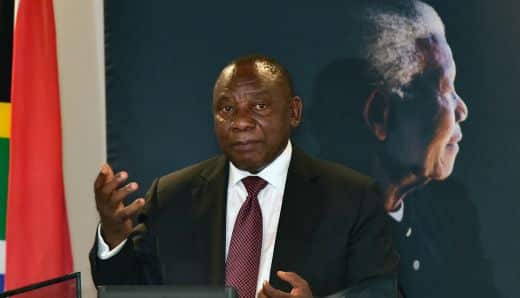
"It is better to lead from behind and to put others in front, especially when you celebrate victory when nice things occur. You take the front line when there is danger. Then people will appreciate your leadership." - Nelson Mandela
Volunteers wanted for Africa Day 2018!
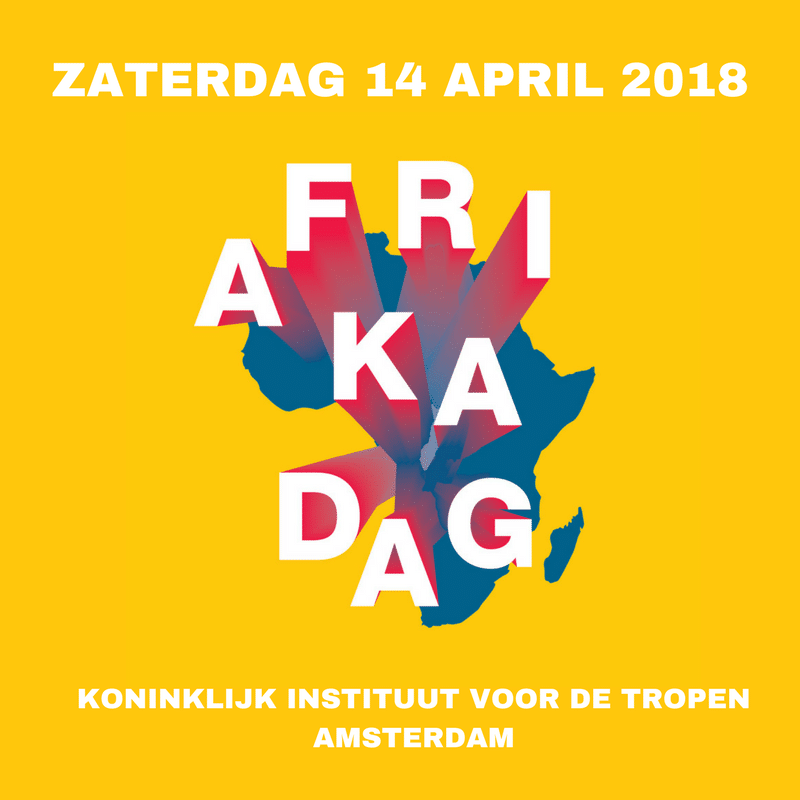
The FMS's most fun event is just around the corner! On Saturday 14 April, the annual Africa Day will take place again, at the Royal Tropical Institute in Amsterdam. With some 1,500 visitors, speakers and volunteers, this is the largest public event on Africa and international cooperation in the Netherlands. This year's Africa Day is dedicated to change and the power of activism and civic initiatives in it. Besides the many debates, speeches and workshops by national and international organisations, there will of course also be time for relaxation and entertainment during the extensive cultural programme, with films, literature, art and music. To top it off, the sixth edition of "Africa at Night", the Africa Day afterparty for all volunteers, visitors and speakers, will take place in the evening.
Will 'mugabism' endure in Zimbabwe?
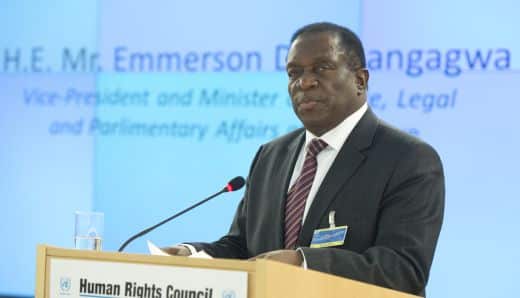
On 21 November 2017, there was a big celebration in Zimbabwe as the country was freed from 'mugabism' after 37 years. President Robert Mugabe stepped down against his will, seeing his wife Grace Mugabe's dream of becoming president dashed. Despite his resignation, a wave of uncertainty swept across the country after the celebrations. 75-year-old Emmerson Mnangagwa succeeded him as president and sees himself as a true democrat who wants to drastically reform the country. However, many doubt the democratic landslide he promises.

